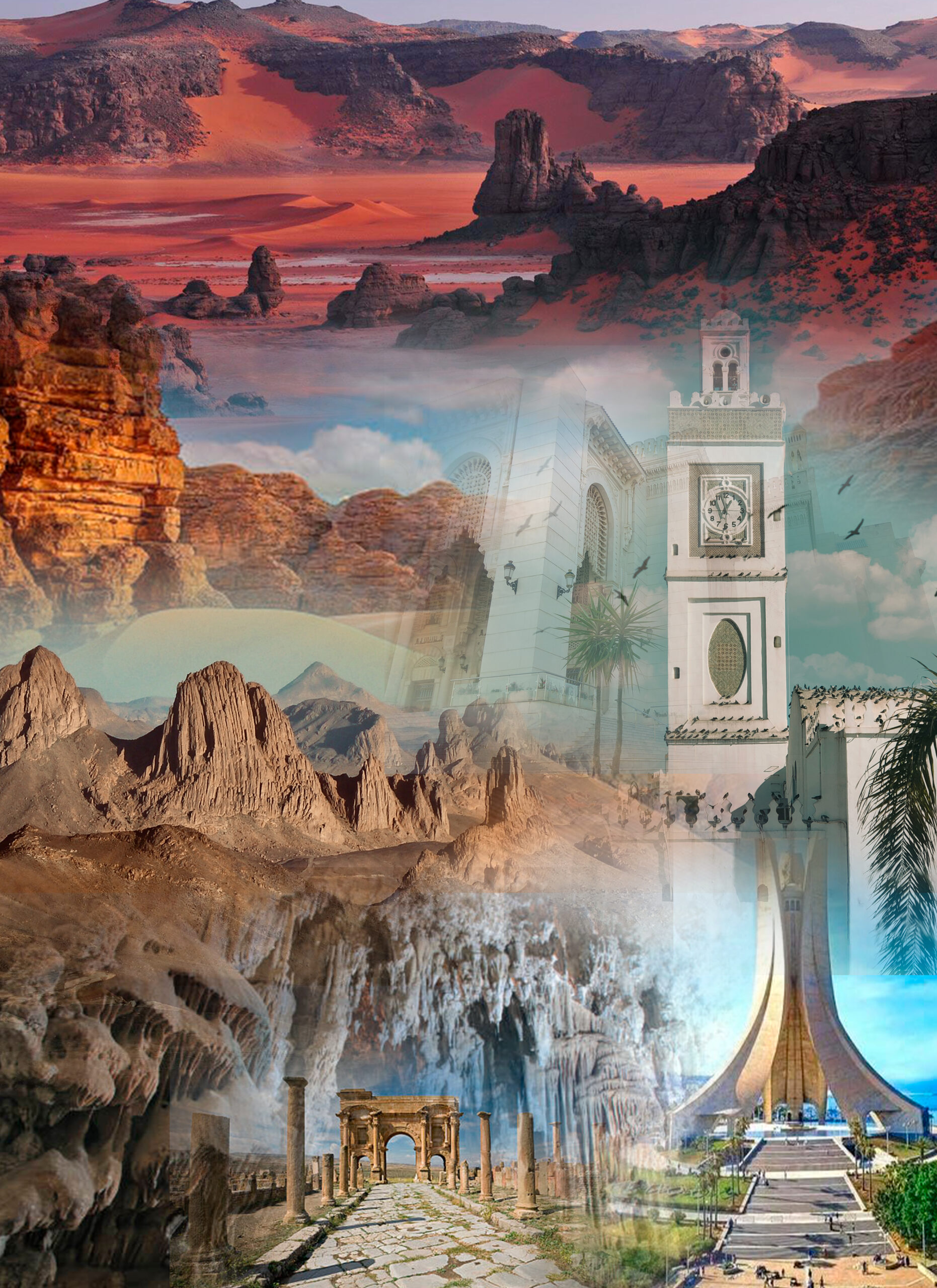Where Historical Significance, Architecture, Art, Spirits, and Gastronomy Converge

Nestled along the banks of the majestic Nile River, Luxor, also known as “The World’s Greatest Open-Air Museum,” is a city steeped in history and enchantment. With its awe-inspiring ancient temples, breathtaking natural splendors, vibrant art scene, delectable gastronomy, and a plethora of events and activities, Luxor is a destination that captivates the senses and leaves a lasting impression on all who visit.
Historical Significance:
Luxor holds a significant place in Egypt’s history, as it was once the capital of the ancient Egyptian civilization. The city is home to the renowned Karnak Temple Complex, a vast and impressive structure dedicated to the worship of the god Amun. The Temple of Luxor, with its grand colonnades and stunning statues, stands as a testament to the architectural brilliance of the past. The Valley of the Kings and the Valley of the Queens, where the tombs of pharaohs and queens were carved into the cliffs, offer a glimpse into the fascinating world of ancient Egyptian burial rituals.
Architecture & Natural Splendors:
Luxor’s architectural wonders are a sight to behold. The iconic mortuary temple of Hatshepsut, known as Deir el-Bahari, showcases the mastery of ancient Egyptian architecture. The Colossi of Memnon, towering statues of Pharaoh Amenhotep III, guard the entrance to the city. Luxor’s location on the east bank of the Nile also provides a backdrop of natural splendors, with beautiful sunsets casting a golden glow over the river and the surrounding desert.
Art & Cultural Delights:
Luxor is a hub of artistic and cultural expression. The Luxor Museum houses a remarkable collection of artifacts, including statues, jewelry, and ancient Egyptian masterpieces. The annual Luxor African Film Festival celebrates the art of African cinema and showcases the works of talented filmmakers from across the continent. The vibrant local markets, such as the Souk Al-Sagha and the Souk Al-Khamis, offer a feast for the senses with their colorful textiles, intricate crafts, and aromatic spices.
Spirits & Gastronomy:
Luxor’s lively spirit can be felt in its bustling cafes, vibrant nightlife, and traditional music performances. The city is known for its traditional Nubian music, with live performances taking place at venues like Al-Moudira Hotel. When it comes to gastronomy, Luxor tantalizes the taste buds with its flavorful Egyptian cuisine. From aromatic koshari, a popular street food dish, to succulent grilled meats and the sweet delights of Egyptian pastries, the city’s culinary scene promises a delightful journey through local flavors.
Events & Activities:
Luxor offers a myriad of events and activities to engage visitors of all interests. The annual Luxor Temple Sound and Light Show combines history and technology to create a mesmerizing audiovisual experience that brings the ancient past to life. Hot air balloon rides over the city provide a breathtaking aerial perspective of the temples and the Nile River. Exploring the local villages and engaging with the friendly locals offers a glimpse into the daily life and traditions of the region.
In conclusion, Luxor is a city that effortlessly weaves together its historical significance, architectural marvels, vibrant art scene, delightful gastronomy, and a wealth of events and activities. It is a destination that invites visitors to step back in time, immerse themselves in the grandeur of ancient Egypt, and experience the rich cultural tapestry that defines Luxor. A journey to this remarkable city is a journey that will leave a lasting impression on the heart and mind.
©2024 | Authored by DocThomas.Art

